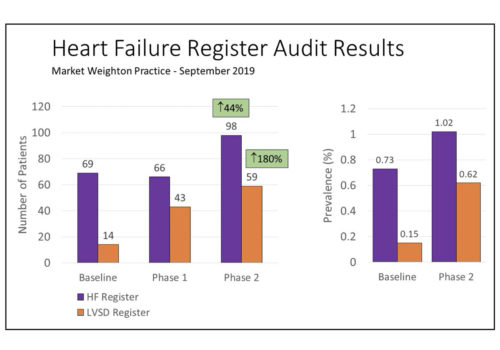Cardiovascular disease prevention is one of the main challenges facing primary care today. In order to reduce the burden of disease, national guidelines recommend that asymptomatic patients who are at high risk of cardiovascular disease should be offered preventive medications. This article discusses cardiovascular disease risk assessment, communication of this risk to patients and attitudes of both general practitioners and patients to preventive medications.























